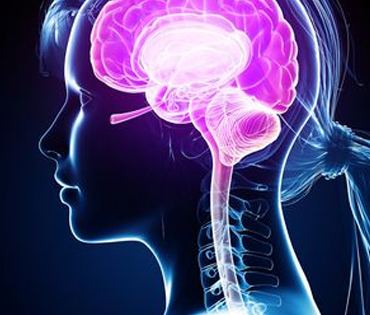Genetic disorders occur when a mutation (a harmful change to a gene, also known as a pathogenic variant) affects your genes or when you have the wrong amount of genetic material. Genes are made of DNA (deoxyribonucleic acid), which contain instructions for cell functioning and the characteristics that make you unique.
You receive half your genes from each biological parent and may inherit a gene mutation from one parent or both. Sometimes genes change due to issues within the DNA (mutations). This can raise your risk of having a genetic disorder. Some cause symptoms at birth, while others develop over time.

Genetic disorders can be:
- Chromosomal: This type affects the structures that hold your genes/DNA within each cell (chromosomes). With these conditions, people are missing or have duplicated chromosome material.
- Complex (multifactorial): These disorders stem from a combination of gene mutations and other factors. They include chemical exposure, diet, certain medications and tobacco or alcohol use.
- Single-gene (monogenic): This group of conditions occurs from a single gene mutation.